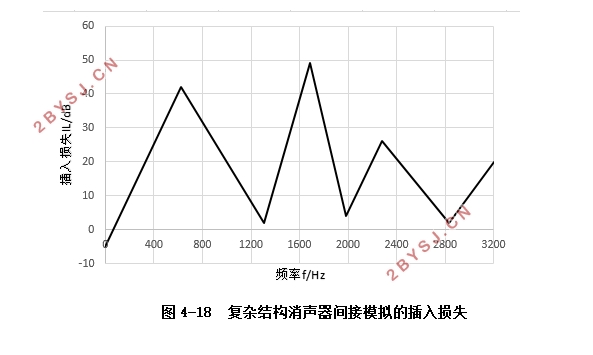某轿车用消声器设计
无需注册登录,支付后按照提示操作即可获取该资料.
某轿车用消声器设计(开题报告,论文10700字)
摘要
内燃机和柴油机排气管的排气噪声是工业噪声的重要来源,而使用合适的排气消声器可以有效降低其排气噪声。汽车消声器作为降低汽车噪声的主要方式,其研究受到世界各国的广泛关注,在工业噪声污染的控制中举足轻重。
对一个消声系统,我们可以将其分为多个消声单元,每一个消声单元都可以用声压和体积速度两个状态量来描述其两侧状态,对于一个给定的消声单元,其一侧的状态量可以决定另一侧的状态量,相当于一个个四端子参数,在数值上用传递矩阵表示。
本文借助声学运动方程、连续性方程和四端子网络法,推倒出消声单元串并联线路,建立了简单扩张式消声器与并联共振式消声器模型,得出其声场传递矩阵,最终得到消声单元的插入损失。
关键词:消声器传递矩阵四端子网络
Abstract
The exhaust noise of internal combustion engine and diesel engine exhaust pipe is an important source of industrial noise, and the use of appropriate exhaust muffler can effectively reduce the exhaust noise. As the main way to reduce the noise of automobile, automobile muffler is widely concerned by all the countries in the world, and it is very important in the control of industrial noise pollution.
Of a sound system, we can be divided into a plurality of anechoic units, each muffler element can sound pressure and volume velocity of two state variables to describe the state of both sides of the, for a given anechoic units, which is arranged on one side of the state can be decided on the other side of the state, equivalent to one of the four terminal parameter, the numerical with transfer matrix representation.
In this paper, by means of acoustic equation, continuous equation and four terminal network, push out muffler element on parallel lines, the simple expansion type silencer and parallel resonant muffler model is established that the sound field transfer matrix, finally get the insertion loss of the muffler element.
Key Words:Muffler;Transmissionmatrix;Four-pole network
表2-1 汽车试验参数表
参数名称 参数数值 适应范围 备注
A1 1 插入损失<16dB 对插入损失的要求越高,此参数的数值也应越大,即消声器的容积也越大。
2 插入损失为16~22dB
3 插入损失>22dB
A2
1 匹配自然吸气式发动机 增压发动机的吸入空气量大,排气量也大,对消声器的容积要求也越大。
3 匹配增压发动机
A3 0 重型车 小型车对插入损失要求高,此参数的数值也应越大,即消声器的容积也越大。
1 中型车
2 轻型车


目录
摘要.....................................................................................................................................................................Ⅰ
Abstract...............................................................................................................................................................Ⅱ
第一章绪论.........................................................................................................................................................1
1.1汽车消声器研究的背景和意义................................................................................................................ 1
1.1.1噪声的危害..........................................................................................................................................1
1.1.2对噪声的控制......................................................................................................................................2
1.1.3研究排气消声器的意义......................................................................................................................3
1.2课题研究国内外现状.................................................................................................................................4
1.3本文的主要工作.....................................................................................................................................9
第二章消声器的设计.......................................................................................................................................10
2.1消声器基本参数的确定...........................................................................................................................10
2.2消声器详细参数的确定...........................................................................................................................13
第三章排气消声器有限元法的数学模型......................................................................................................15
3.1抗性消声器四端子参数及性能评价...................................................................................15
3.1.1消声器四端子参数.......................................................................................................................15
3.1.2消声器评价指标...........................................................................................................................17
3.2有限元法数学模型的建立.......................................................................................................................20
3.2.1数学模型的建立.............................................................................................................................21
3.2.2消声器变分问题.................................................................................................................23
第四章消声器ANSYS计算结果及分析........................................................................................26
4.1 有限元模型建立..........................................................................................................................26
4.1.1单元和插值函数的选取.................................................................................................................26
4.1.2有限元模型建立...........................................................................................................................27
4.2 简单扩张式消声器计算......................................................................................................................31
4.3 复杂结构消声器的分析..........................................................................................................................40
总结.....................................................................................................................................................................45
参考文献........................................................................................................................................................... 46
致谢.....................................................................................................................................................................48
